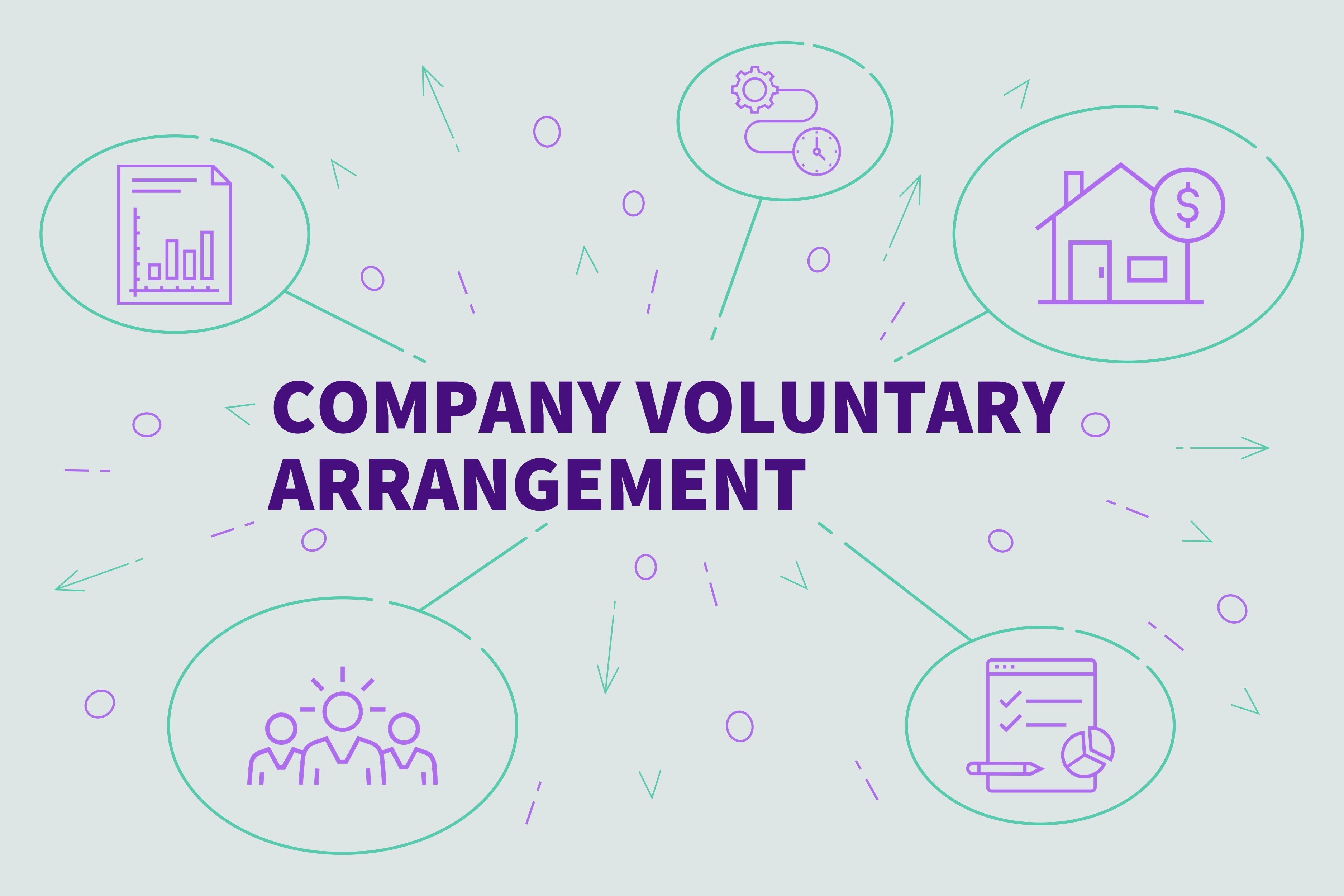HMRC’s Octagon Green investigation: One key takeaway
It’s one thing for a company to face an HMRC investigation for tax evasion – and another to face such an...
READ MORE
Are you fighting to keep your business from going under? A Company Voluntary Arrangement (CVA) might just be the raft that keeps you afloat while you weather the storm.

A CVA is a legally binding compromise agreement between you and your creditors, where you commit to pay off an agreed percentage of your debt over an agreed period of time. The whole process must be overseen by a licensed Insolvency Practitioner (IP).
This article explains how a CVA works, what you need to do and the benefits it can bring.
Why a CVA?
A CVA has many advantages over alternatives such as a 'pre-pack' - where cash is needed upfront to buy the business.
Steve Thatcher, associate director at F.A. Simms, explains: “CVAs are light-touch. The directors remain in control of the business. Because dividends to creditors don’t usually kick in until after the first year of the agreement – sometimes the second – it gives the directors breathing space, time to get the business back on its feet.”
How it works
A CVA is a legally binding agreement between you and your creditors. They will respond to your action plan by voting at a creditors’ meeting on whether to accept it.
If agreed you will, working with a licensed Insolvency Practitioner (IP), implement the action plan by setting up a schedule of monthly repayments. This schedule will determine, among other things how much each creditor is paid each month, and how long the CVA will last (usually three or five years).
Taking action: everything you need to know
Right at the start it’s vital you honestly assess the situation your company is in. This means asking tough questions of yourself – and giving honest answers. The board of directors and/or senior management must meet at the earliest opportunity to discuss the fundamental question: if we can negotiate payment of debt, do we have a viable business?
If the answer is yes, you need to compile an action plan. At this point you need to seek the help of an IP.
Contact a licensed Insolvency Practitioner
The IP will act as the company’s nominee, helping you to compile your action plan and offering advice and guidance where needed.
At this point you need to do a cash flow forecast to show you can carry the business forward, and to be able to demonstrate to creditors that you have a long-term future.
The IP’s report/approval by you
The IP will produce a report based on your action plan. At this point you need to approve it. When you’ve done that – working with your board of directors/management team – this report forms the basis of the CVA. At this time the IP is appointed as ‘Nominee’ to act on your behalf.
Nominee’s report filed with the courts
Once both you and the Nominee are happy with the proposal, it, and the Nominee’s report on it, are filed at court. The next stage is to call a creditors’ meeting.
The creditors’ meeting
This usually happens 14-21 days after the papers are filed with the court. Seventy-five per cent of creditors at the meeting have to approve the plan – so it pays to have your major creditors on board with what you’re doing.
CVA formally put into place
Once approved the Nominee then becomes the Supervisor, and they will collect your monthly payment and distribute to the creditors, generally on an annual basis. They will review the CVA yearly too.
A case study
Julie J* ran a small greeting cards shop in a market town in Devon, employing three staff (two part-time) and also working herself.
Things were ticking along nicely until a national chain of card shops opened a branch in a prime location in the high street.
“Almost overnight trade slumped,” she said. “We couldn’t compete price-wise with a big player and the buying and marketing power they have.”
She said things got desperate quickly and she had to lay off a staff member, while cutting the hours of another. “But it was only going one way”, she said. “The debts were piling up.”
Fortunately, a friend mentioned a CVA as a way forward. “I’d not heard of them,” Julie admits. “I wasn’t sure at first but then thought, why not? So I spoke to a local IP, who helped me put together a plan.
“They were great, with lots of positive ideas. They helped me with the figures, which the creditors agreed to – even HMRC played ball!
The business is now back on its feet, and doing better than ever. “We couldn’t compete with greetings cards. So we just kept a more upmarket range and started doing more gifts and holiday ‘treats’. The tourists love them.”
* Name changed
Steve Thatcher, associate director, F.A. Simms